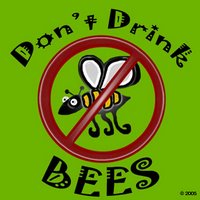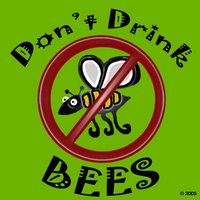Flush is Not a Hoot
I just finished reading Flush by Carl Hiaasen, and I was very disappointed. I had enjoyed Hoot so much, I was really looking forward to reading Flush.
Unfortunately Flush isn't Hoot. The ideas are good. The issues raised are good. There are a few scenes that are exciting and interesting. But it isn't funny or exciting or interesting throughout (as Hoot was). There are some very slow sections--including the beginning of the story.
The main issue raised in the story is (ocean) water pollution and how it effects sea turtles and humans. Other issues involved are gambling, bribes, and politics. These are all good lessons for the reader, but one must get past the slow beginning to the meat of the book--which may not be easy for reluctant readers.
I would recommend Hoot over Flush. Hoot explores politics on a slightly shallower level than Flush, but it too explores environmental issues and it has a highly engaging story.





